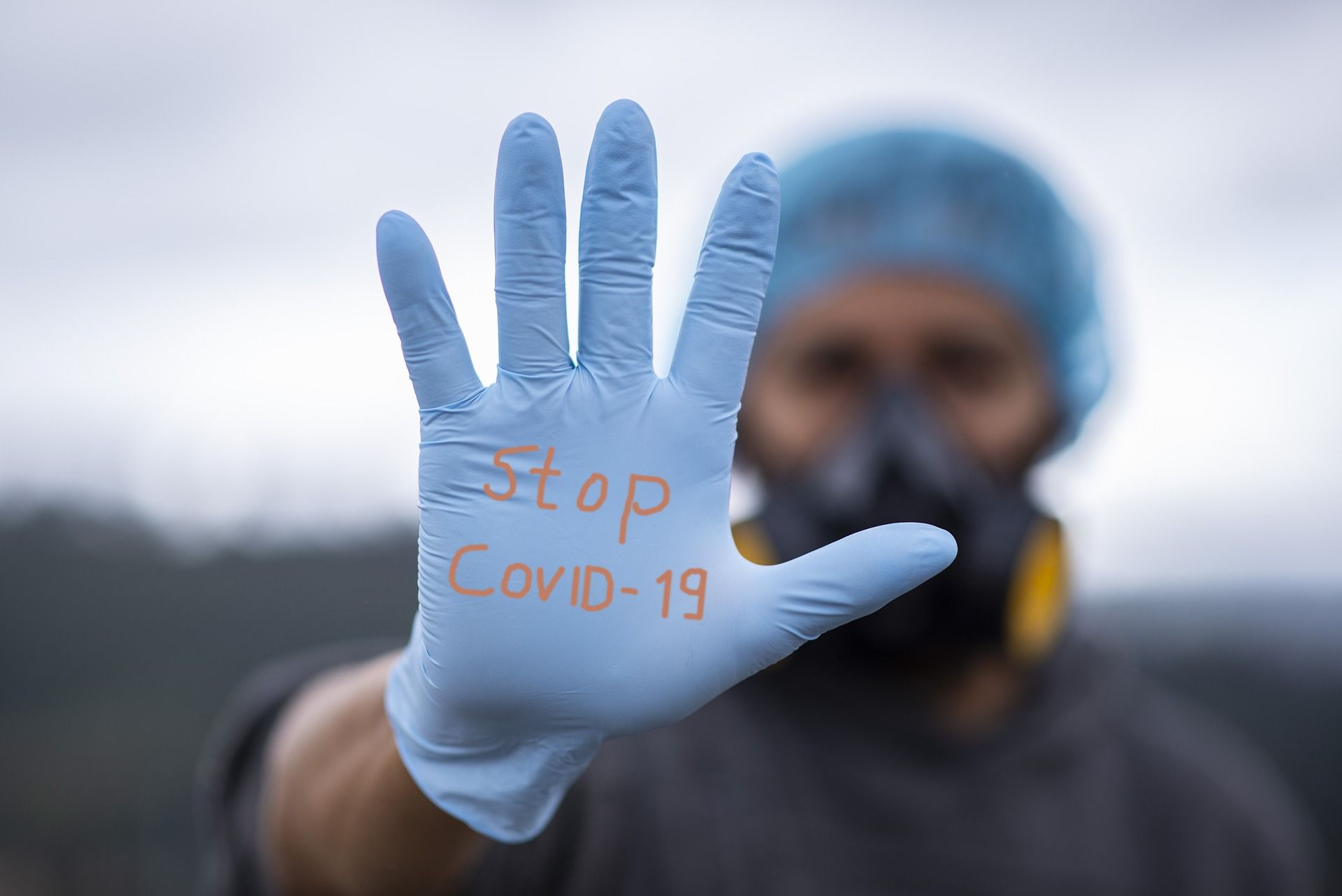According to Kåre Mølbak, the head of infection preparedness at the Statens Serum Institut, the continued reopening of Denmark following the coronavirus lockdown – the so-called phase four – is too risky.
“The Statens Serum Institut will not recommend to the politicians any further reopening – to not go ahead with phase 4, because the infection pressure is still present.”
Most recently, Aarhus and Ringsted have see large increases in their infection rates and, as a consequence, the reintroduction of coronavirus restrictions in the municipalities’ nursing homes.
Negotiations next week
MPs are set to negotiate the reopening on August 12. As part of the last phase, venues and nightclubs may reopen after months of closure due to the Coronavirus Crisis.
However, Mølbak remains sceptical about the reopening of the nightclubs and venues, and Enhedslisten is clearly listening.
“It is extremely worrying when our leading epidemiologist goes out with such a clear message, and on that basis we can not support the implementation of phase 4,” said its health spokesman, Peder Hvelplund.
Health minister concerned
According to Mølbak, politicians must now decide whether they are willing to continue the reopening, despite the risks.
The fourth phase was due to include reopening nightlife venues and all levels of education, along with permitting events or activities where more than 500 people are present. The limit is set to rise from 100 to 200 on August 8.
The health minister, Magnus Heunicke, has admitted he is concerned by recent events and likely to follow the advice of the SSI. However, he has not yet confirmed his position regarding the reopening of the nightclubs.
DSB abolishes requirements for seat tickets on trains
Following recommendations from the health authorities, rail operator DSB has abolished the requirement to have a seat ticket on the trains, which was brought in as a coronavirus measure. Since March, it had been necessary to reserve seats on InterCity and regional trains as a measure to avoid the spread of coronavirus. However, already issued InterCity and InterCityLyn tickets will remain valid, ruled DSB.
Half of new infections in Aarhus are in Somali community
In just one week, 104 new coronavirus infection cases have been registered in Aarhus Municipality, and about half of them are people living in the Somali community, according to the city’s mayor, Jacob Bundsgaard, who emphasised that the authorities do not know the cause. However, Tyra Grove Krause from the Statens Serum Institut suspects that big family gatherings and language barriers have played a role.
Cruise ship insulates passengers according to Danish corona case
The cruise ship ‘SeaDream 1’ has isolated all of its passengers on board after a passenger on the previous cruise tested positive for coronavirus on his return to Denmark. It is the second cruise ship in Norway to be quarantined. The cruise ship docked at the Norwegian coastal town of Bodø at around 02:00 early Wednesday. All passengers will now be tested. The cruise ship ‘Roald Amundsen’ has also been similarly quarantined.
Uruguay and Georgian approved but don’t reciprocate
Every 14 days, the Ministry of Foreign Affairs updates its travel guidelines for the countries outside of the EU/Schengen zone and the UK. And in the latest update, Denmark has decided to reopen borders with Tunisia, Uruguay and Georgia, in addition to Australia, Canada, Japan, New Zealand, South Korea and Thailand. However, both Uruguay and Georgia have entry restrictions or quarantine requirements for Danish travellers. Therefore, both countries have been marked as ‘orange’ travelling destinations (unnecessary travel is not recommended), while Tunisia has been marked as ‘yellow’ (special attention). Restrictions for the Swedish regions of Halland, Kalmar and Värmland have also been relaxed, along with Västerbotton, Kronoberg, Skåne and Blekinge. All of them have been marked ‘yellow’. Unnecessary trips to the rest of Sweden are still discouraged.
Hellerup Week celebrations a huge risk, says virologist
Around 50,000 people visited Skagen last week – mostly in connection to the festivity Hellerup Week, TV2 reports. Virologists are concerned. Allan Randrup Thomsen, a professor at the University of Copenhagen, told TV2: “We have deliberately opted out of having large events held in Denmark. When so many are gathered, there are likely to be two or three infected with the coronavirus.”
US exempts European students from the travel ban
The United States has opened its borders to European students, reports Jyllands Posten. The move is a part of the government’s attempt to restart international travelling gradually. It also comes after the Trump administration decision to drop a rule that could have forced thousands of international students to leave America if their classes took place exclusively online. The administration has been pressured into dropping the plan by the student activists, large universities and influential companies.
745,000 citizens have Danish COVID-19 app
According to TV2, around 745,000 Danish citizens have downloaded the official app for COVID-19 detection, Smittestop. The Ministry of Health believes that the app has proven its worth, despite the fact that only four users have been warned about the possibility of being infected. Jakob Stoustrup, a professor at the department of electronic systems at Aalborg University, tells TV2 that it is still a good starting point, and that over 1 million downloads in total is probably the desired result.















